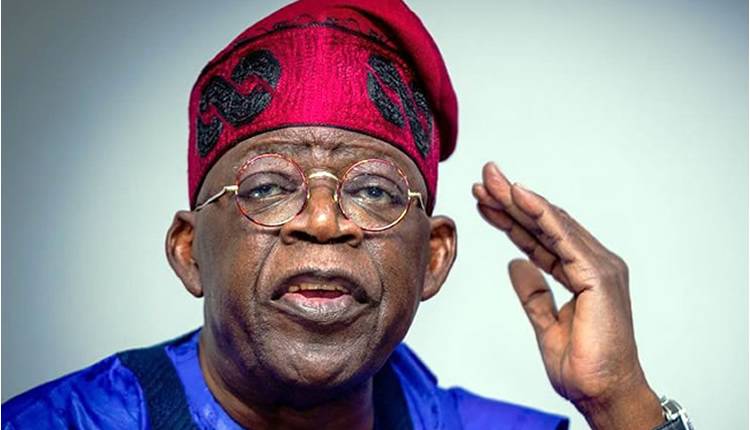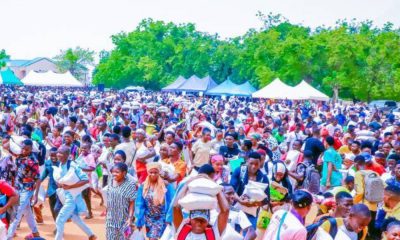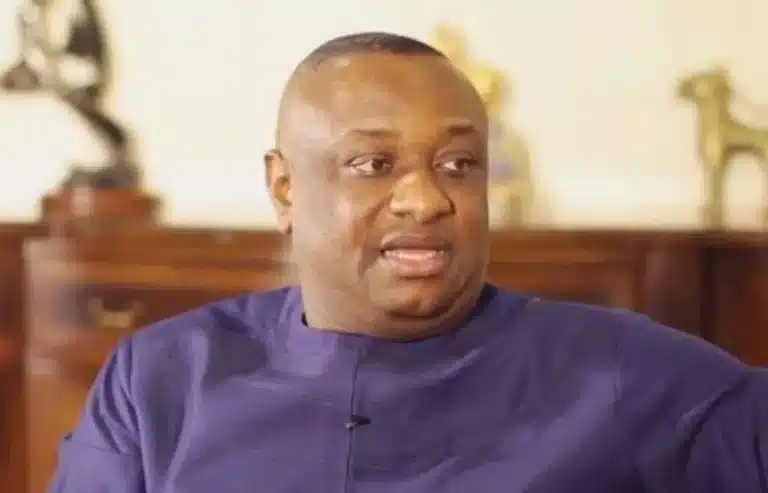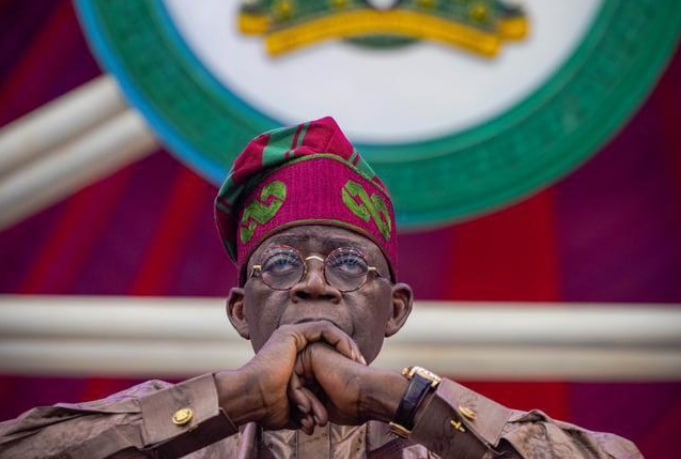Special Features
Visualising The Prospects Of Nigeria’s Education Sphere In A Tinubu Administration
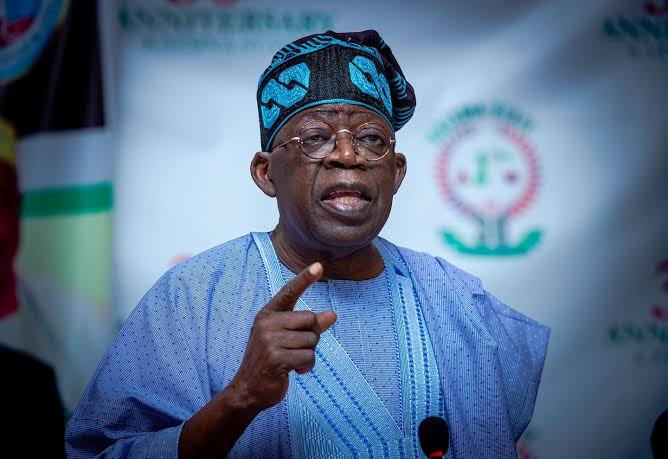
By Philip Ibitoye
The sad truth is, Nigeria’s educational standards have been in a downward spiral for too long. A chronic lack of political drive has left the sector lagging behind. The education sector has suffered due to a chronic deficiency of political determination from those in power to spark transformative change. The primary and secondary education system is a woeful tale of outdated lessons and crumbling classrooms, while tertiary institutions are plagued by an endless cycle of strikes.
Nigeria’s education sector is a ship without a compass, lost at sea amidst a tempest of infrastructural deficits and funding shortages. For years it has cried out for a messiah, but no saviour has appeared on the horizon. The current administration had the chance to be that beacon of hope, but their promises of change have proved to be mere mirages in the desert of educational despair.
EDITOR’S PICKS
As 2023 approaches, crossroads await the Nigerian people, who are eager to chart a new course. With millions of eyes fixed on the horizon, they wonder what treasures the next president holds in store. In an economy where education holds the key to unlocking knowledge, it is a critical sector that citizens hope the chosen leader will place at the forefront of their priorities.
As expected, the road to the presidency is littered with empty promises about education, as many candidates have promised the moon and stars, but their plans lack substance. However, the All Progressives Congress (APC) presidential candidate stands out as a ray of hope. A closer examination of Tinubu’s education plan reveals a refreshing departure from the norm, devoid of cliché, and filled with the potential to inspire optimism. The APC candidate recognizes that a nation’s education sector is a reflection of its overall development. Sadly, Nigeria’s struggling economy paints a vivid picture of the weakness of its education system.
Tinubu, like other candidates, pledges to fortify the infrastructure of Nigeria’s educational institutions, but it’s the finer details of this promise that sets him apart. He aims to ease the burden of overcrowded classrooms, a persistent issue in the country’s education sector. The lack of space has suffocated students’ learning experience, but Tinubu offers a breath of fresh air with his plan to address this problem.
Besides the infrastructural deficit, Nigeria’s education sector also faces a stale curriculum. Many primary, secondary, and tertiary schools in the country have been criticized for using outdated materials. Tinubu, however, offers a glimmer of hope by addressing this issue in his education plan. He intends to establish a permanent committee to develop and continually update curriculums that align with the demands of the private sector, providing students with the skills they need to succeed in the real world.

Nigerian students in a lecture hall
Tinubu’s education vision also places a spotlight on teacher training in federally funded primary and secondary schools, handpicking only the best educators to mould the minds of future generations. Though initially aimed at federal institutions, this plan is likely to serve as a wake-up call to state governments, inspiring them to implement similar initiatives in their own domains.
Moreover, Tinubu plans to address the plight of students in Nigeria’s federal tertiary institutions who struggle to pay tuition. Mimicking the popular American student loan system, the APC presidential candidate hopes to establish a pilot student loan regime with flexible repayment provisions. Not only will such a move level up the playing field for indigent students, but it will also ensure that all qualified Nigerians, regardless of their financial status, can get an education.
Curiously, Tinubu’s manifesto dances around the glaring issue of the recurrent strikes by lecturers in polytechnics and universities. While the manifesto vows to provide government funding for higher education, it raises more questions than it answers. However, whispers of Tinubu’s plans to put an end to the constant interruptions in education have circulated.
FURTHER READING
The lack of a concrete strategy to tackle the persistent strikes in public tertiary institutions raises questions about the future of tertiary institution students in a Tinubu presidency. However, other aspects of his education plan offer hope for a brighter future for Nigeria’s education system.
Philip Ibitoye writes for Eko Hot Blog. This media platform reserves all rights to this article.
Click here to watch our video of the week:
Advertise or Publish a Story on EkoHot Blog:
Kindly contact us at [email protected]. Breaking stories should be sent to the above email and substantiated with pictorial evidence.
Citizen journalists will receive a token as data incentive.
Call or Whatsapp: 0803 561 7233, 0703 414 5611


